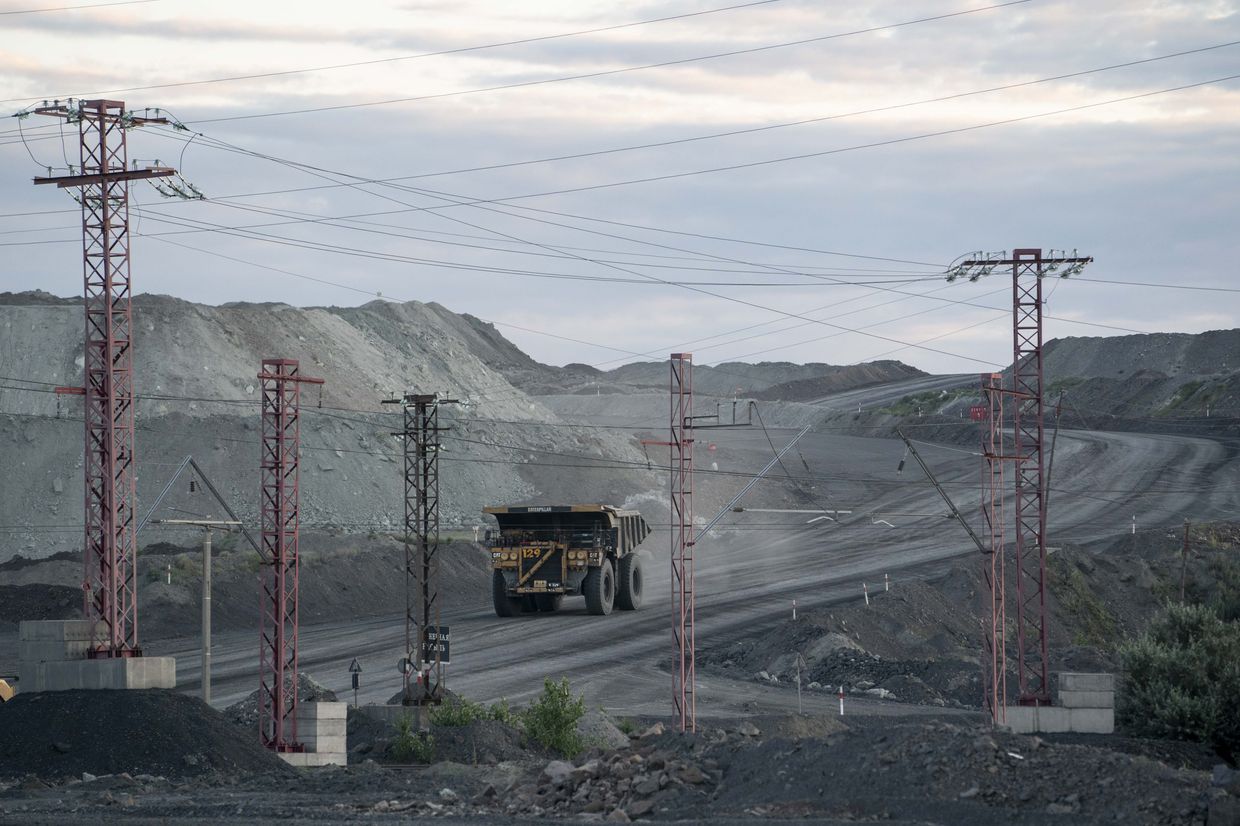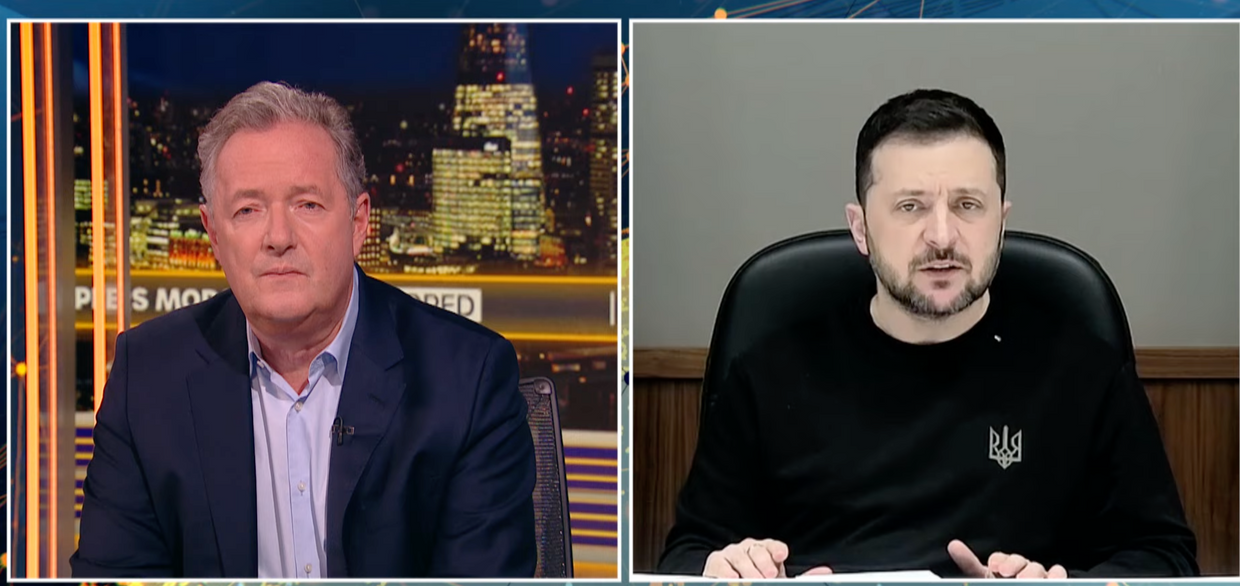Trump's team split over how to end war in Ukraine, NBC reports

The administration of U.S. President Donald Trump is split over how to end the war in Ukraine, NBC News reported on Feb. 5.
Citing U.S. and Ukrainian officials, the outlet said Trump's special envoy for Ukraine, General Keith Kellogg, and National Security Adviser Mike Waltz, are pushing for the White House to use its leverage over Russia to force Russian President Vladimir Putin to back down.
Without naming individuals, NBC News said others in the administration are in favor of withdrawing military support from Kyiv in order to hasten the end of the war, effectively forcing Ukraine to capitulate.
The U.S. does have significant leverage over Russia in economic, military, and diplomatic terms, but questions remain over its willingness to use it.
Russia’s economy is showing signs of weakness, making Putin more vulnerable than ever to additional economic pressure like sanctions.
Ramped-up support for Ukraine on the battlefield could add to Russia’s mounting losses and further incentivize dealmaking, as would uniting support among allies and squeezing Russia on the diplomatic stage.
President Volodymyr Zelensky has repeatedly ruled out any deal that would involve ceding territory to Russia, which currently occupies around 20% of Ukraine's territory.
Some of this land was taken during Russia’s 2014 invasion, while the rest was captured following its full-scale assault in 2022.
As Ukraine faces mounting battlefield losses, pressure is growing on Zelensky to consider compromises.
When asked about ceding land to Russia in exchange for peace during an interview with Fox News published Nov. 20, Zelensky said Ukraine "cannot legally acknowledge any occupied territory of Ukraine as Russian."
But he has acknowledged that some territories might be returned through diplomacy rather than military means. He also said on Dec. 1 that if Ukraine were to join NATO, the alliance's Article 5 collective defense principle may not apply to Ukrainian territories facing active combat.
Kellogg was officially appointed into his new role on Feb. 3.
"We made a lot of progress on Russia-Ukraine," Trump reportedly said after signing the decree without providing further details.
Kellogg has praised Trump's willingness to engage with Putin, calling former U.S. President Joe Biden's refusal to work with Putin a "biggest mistake."
Trump's envoy said he believes the new U.S. president can broker a satisfactory deal for both Putin and Zelensky.
Kellogg told Reuters on Feb. 1 that Ukraine's presidential and parliamentary elections, suspended since the full-scale war began, "need to be done." He argued that holding elections during wartime would strengthen Ukraine's democracy.
The Trump administration is debating whether to secure a temporary ceasefire before negotiating a permanent resolution, with the election winner potentially overseeing future talks with Moscow.
Kellogg also suggested using frozen Russian assets to purchase American weapons for Ukraine, as reported by Fox News on Jan. 24.
Zelensky recently emphasized the need to end the war diplomatically in 2025, suggesting that a Trump administration could accelerate the process.














